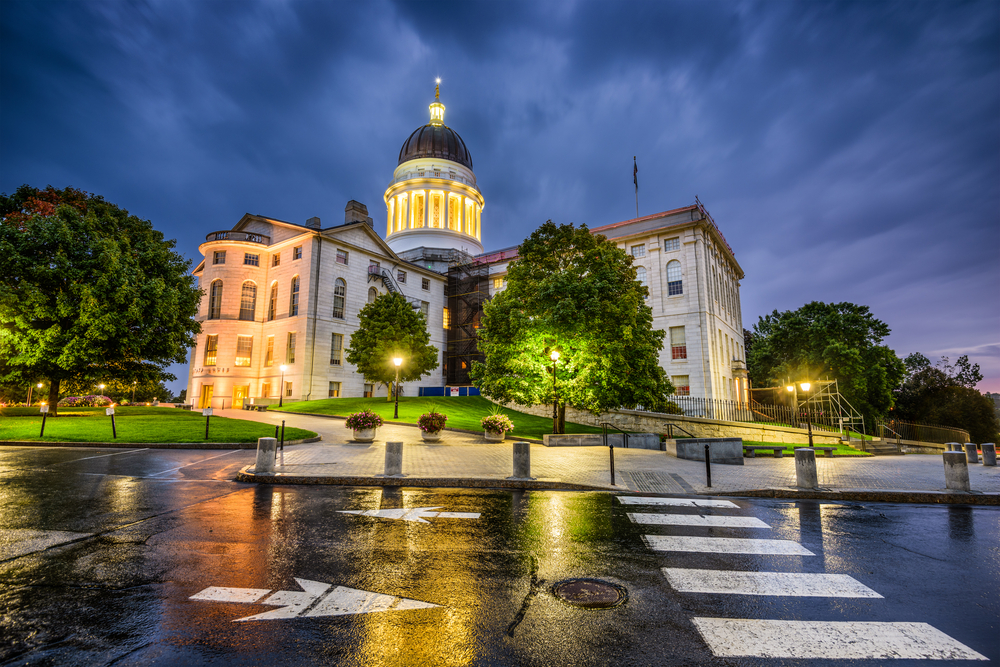Residents in the state of Maine will have to wait until 2020 for legal sports betting.
On 3 July, Governor Janet Mills announced that she had held back on signing the sports betting bill LD 553 into law.
Maine’s sports betting bill was among several other bills that were held back for further review by the Governor.
The bill was neither signed into law, vetoed or allowed to become law without Mills’ signature.
According to Maine’s constitution, If the Governor fails to act on proposed legislation within ten days, it will pass into law unless the legislative session has come to an end. As the legislature adjourned on 20 June, LD 553 is on hold until the legislature reconvenes in January 2020.
In a statement, Governor Mills said: “The Legislature has passed a significant number of bills this session, and I take seriously my constitutional obligation to thoroughly review all of them, evaluate their implications, and decide whether they are in the best interest of Maine people.
“In order to meet that responsibility, I will continue to review these bills and gather more information, and I look forward to acting on them at the beginning of the next legislative session.”
What was covered in Maine’s sports betting bill?
Maine’s sports betting bill received approval from both the House and Senate and has the potential to create one of the most robust sports betting markets in the country.
LD 553 authorizes Maine’s off-track betting venues, racetracks, commercial and tribal casinos to offer sports betting. The bill would also legalize online and mobile sports betting within state lines.
Where Maine’s bill differs from others is that it doesn’t require online operators to partner with a land-based sportsbook.
According to a report from the Portland Press Herald, bill sponsor, Senator Louis Luchini said: “To me, it’s a strange way to write a law that would require a new business to come into Maine only if they tether their license to an existing business.
“We don’t require Amazon to tether to existing grocery stores and we don’t require Airbnb to tether to hotels.”
Sports betting licenses will cost $20,000. On top of this, land-based bookies will be taxed 10% on revenue while online operators will be taxed 16% of revenue.







